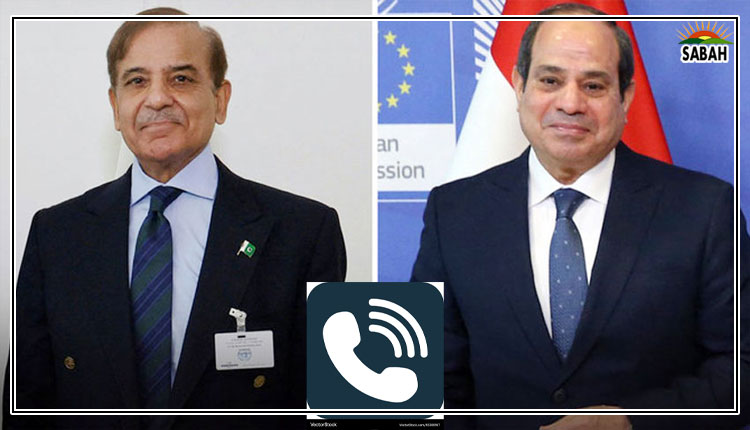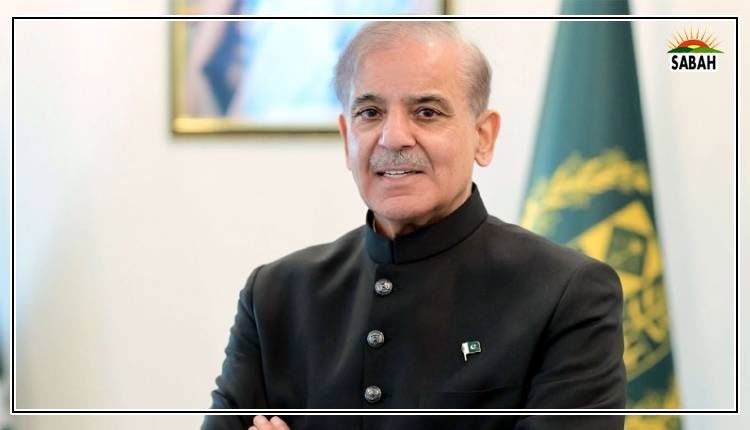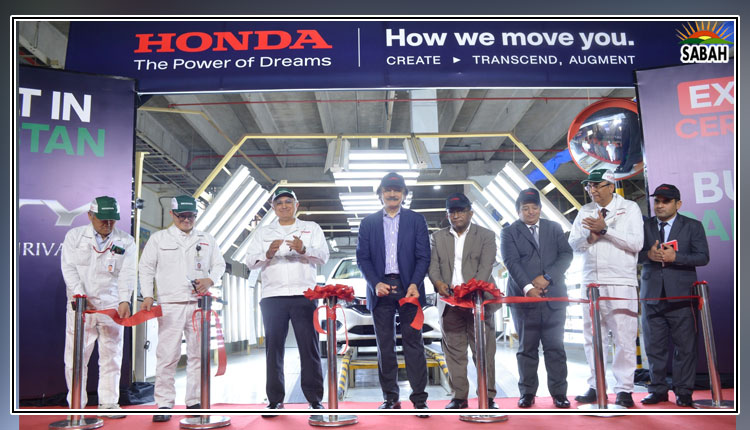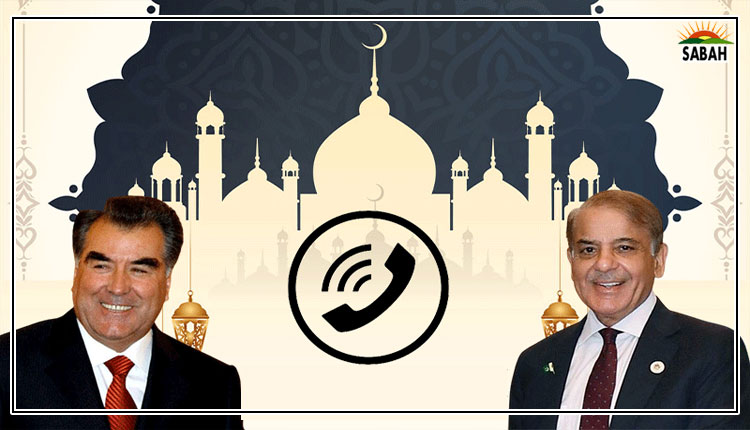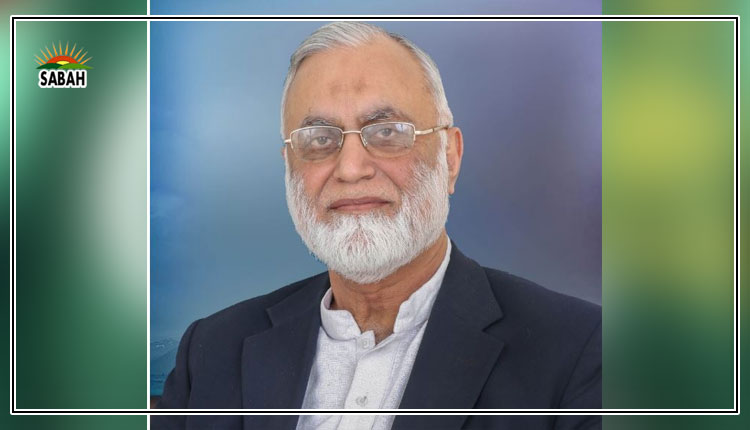Debatable debate…Shahzad Sharjeel
IS leadership about oratory, rabble-rousing, long marches, or dharna in our context? Although political campaigns worldwide rely on debating ability, so do debating societies; these are forums for expanding discourse. While political activists and leaders must be engaging, recourse to incitement and invective only reflects a lack of substance.
Immediately after the first US presidential debate this election season, commentators and pundits felt Kamala Harris succeeded in goading Donald Trump into areas his camp would have him steer clear of. Her strategy was to make Trump implicate himself, and he did just that.
Traditionally, deep thinking with a proper mix of action set leaders apart from philosophers. In the subcontinents context, Abul Kalam Azad and Bahadur Yar Jang were the best orators, but the leaders were Gandhi, Nehru, and Jinnah.
Among the recent world leaders, Barack Obama was that rare combination of being bookish yet communicating lucidly. However, even his ability to connect with the people was questioned as, according to his critics, he could sometimes be too cerebral. The dumbing down of discourse, ostensibly in the public interest, affects the quality of debate worldwide, the Democratic and Republican candidates debates being no exception.
The battle of wits, at times dimwits, has come down to slurs.
The battle of wits, at times dimwits, has come down to name-calling, slurs, and digging up past peccadillos and hush money trails. Regardless of the public laundering of candidates alleged misdeeds war crime, tax evasion, sexual offences, murder, rape, etc they continue to be voted in worldwide. The more they expose themselves, the more their ilk identifies with them, promoting a slimy culture.
Interestingly, earlier in her vice presidency, Ms Harris was not considered the sharpest tool in the drawer by commentators; however, compared to the failing mental alertness of her boss, Joe Biden, and now her competitor, Trump, she appears even-keeled.
Imagine a US-style debate between leading contenders for power in Pakistan. The debate would contain everything but a solution to myriad problems. There would be hardly anything in the debate for their audience other than the realisation that they are equally adept at pointing out challenges and their adversaries contributions to it but unable to propose a tangible way out of the morass.
Deep thinkers are loath to speak and debate and cannot organise a rave in a brewery, let alone a political party. The charming orators can indulge in much rabble-rousing but cannot think to save their lives. Usually, after fulminating and bluffing their way to power, they gather a team of thinkers, also called strategists and technocrats, to run the actual business of governance. Lately, even the proverbial one-eyed leader has been missing, and it is a case of the blind leading the blind.
Take revenue collection, for instance. The leadership across the civil-military spectrum refuses to cough up its fair share of taxes. It is constantly hamstrung by one vested interest or another, usually surrogates, in broadening the tax base. Thus, the leadership makes half-hearted attempts to bring external experts to run the FBR. It turns out that the external experts entrusted with the shake-up got so shaken so fast by the interest groups that they required a check-up from the neck up.
In a two-way or even a three-way debate, what would PML-N, PTI and PPP candidates say about the tax-to-GDP ratio, SOEs draining the exchequer, the energy sector, governance, reliance on the Fund programme, the in-vestment climate, civil-military disequilibrium, etc? One good thing that might come out of such a debate is a public realisation of the sheer impossibility of the countrys situation. It will also expose the jostling for office as nothing but a power grab.
While discussing public discourse, ignoring the recent PTI gathering near Islamabad is difficult. What the KP chief minister said to a cheering crowd of thousands is too repulsive to repeat. His leader Imran Khans endorsement from behind bars is unsurprising. He may not be the pioneer of abuse in public discourse, but to borrow from the subcontinents musicology, he definitely merits the status of the Barey Khan Sahib of the Gaali gharana. The party chairperson, Barrister Gohar, apologised on the floor of the House for the misogyny-laden language used at the rally, and as expected, Imran Khan quickly dubbed all such apologists cowards.
Whether in one-on-one debates, televised speeches, or public rallies, what is said and how it is said reveals the workings of the state or the lack thereof. It also reflects on the audience; their leadership choice measures their self-esteem.
The writer is a poet. His latest publication is a collection of satire essays titled Rindana.
shahzadsharjeel1@gmail.com
Published in Dawn, September 19th, 2024
Courtesy Dawn


